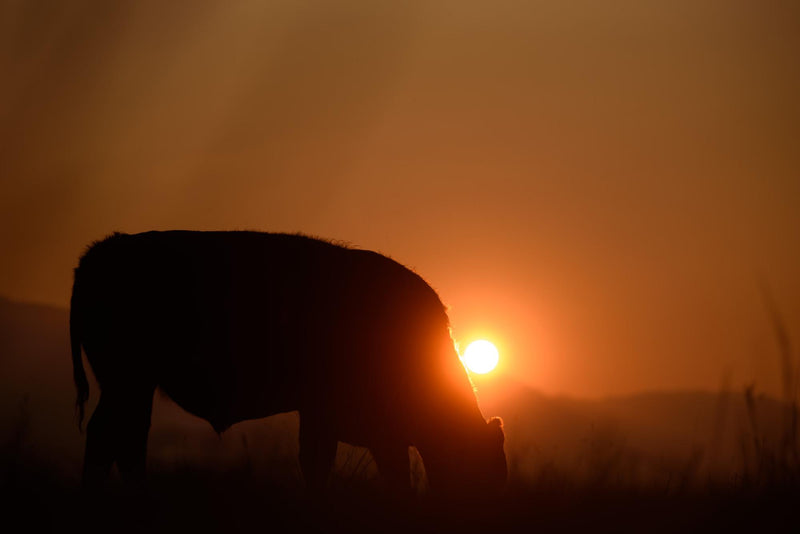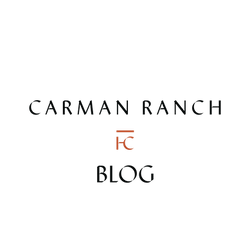
The devastation of the fires that continue to burn up and down the west coast is hard to imagine. We watched from afar, feeling helpless while people like us moved livestock and evacuated their homes, prepared to lose them. A few days later, we experienced the smoke as it moved into the valley and made the air difficult to breathe. No one complained, knowing that, as thick with smoke as it was, it was the best air in the state.
Such heart-wrenching loss makes it impossible not to acknowledge the conditions that leave the forests dry, and that are causing regular, massive fires on the west coast -- they are a symptom of how we humans treat the land.
We are past the point of addressing climate change by reducing emissions. There’s a simple way to counter climate change: drawdown. Pulling carbon dioxide out of the atmosphere and returning it to the soil, where it belongs, is one of the most promising, cost-effective strategies available to reduce greenhouse gases. So that’s exactly what our producer group works to do, every day. We rotate cattle, plant cover crops, do high stock density grazing and long rest periods, and practice other techniques proven to build soil carbon.
The benefits of these management practices are enormous. It gives our soil more water-holding capacity, making it more resistant to drought. Soil microbes need carbon as an energy source, to the mine micronutrients that make the grass--and what’s grazing it--more nutritious. Not only can livestock grazing be a simple and elegant way to sequester carbon and tackle climate change, it addresses farmer profitability and resilience. Prosperity can help bridge the rural-urban divide that magnifies our divisiveness. Increased nutrition in beef can help to combat much of the chronic illness that plagues our population and overburdens our health care system.
Regenerative ag, the concept of growing food in a way that improves soil health, is simple. It’s not easy, but farmers and ranchers everywhere are making measurable progress. There are no real drawbacks other than determining which practices work, and creating markets committed to supporting those practices. The members of the Carman Ranch producer group, and other companies like ours, are committed to doing that. Patagonia Provisions and General Mills are taking the lead, talking about the importance of regenerative agriculture, which amplifies our voices.
The smoke that lingers in the Wallowa Valley is a reminder of all of loss, but as we move our cattle across the cover crop of sunflowers, collards, turnips, oats and peas (all planted to improve soil health) I see only potential to undo this mess--one farmer, one grassfed steak at a time--into something more prosperous than we have the memory to imagine.
Cory Carman


Translation missing: en.blogs.comments.with_count